The John Maciejowski Lab
Research

Associate Member
The nuclear envelope is a regulated membrane barrier that separates the nucleus from the cytosol in eukaryotes. Although the NE is often depicted as a static barrier, new research has identified conditions where nuclear envelope rupturing causes a loss of compartmentalization. Nuclear envelope ruptures are rapidly repaired in the nucleus, but persist at aberrant, nuclear compartments, such as micronuclei and DNA bridges, that form around mis-segregated chromosomes. Compromised nuclear compartmentalization can result in DNA damage, inflammation, and clustered mutagenesis. The Maciejowski lab seeks to understand how the nuclear envelope safeguards the genome and prevents immune recognition of chromosomal DNA. We approach these problems using a combination of cell biology, biochemistry, and genomics. More information about our research can be found at https://sites.google.com/view/maciejowskilab/home.
Research Projects
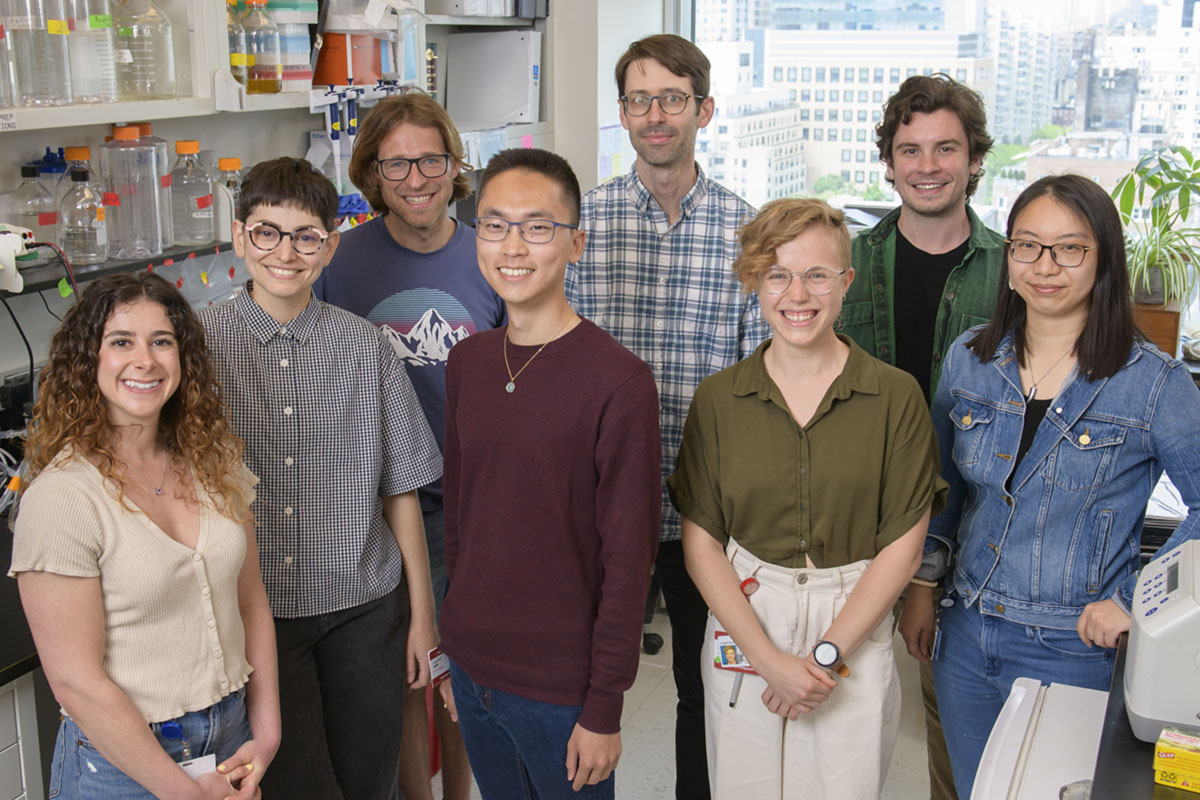
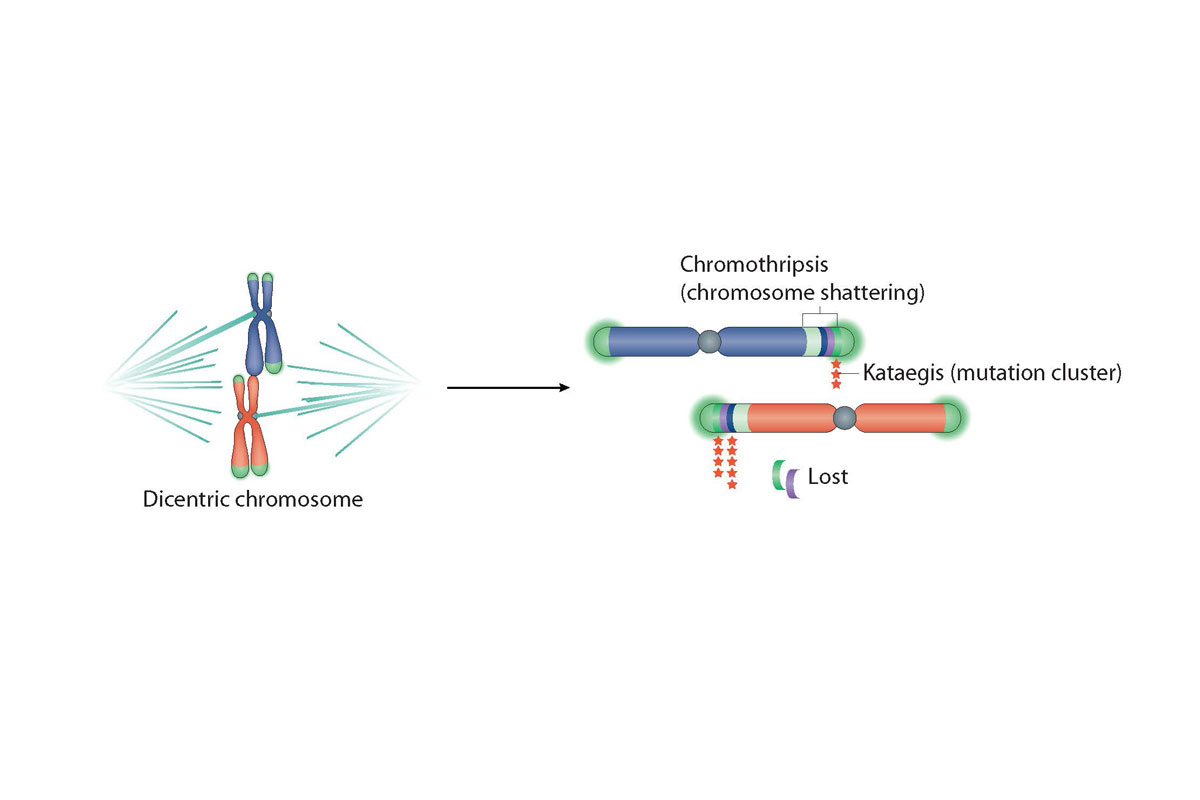
Featured News

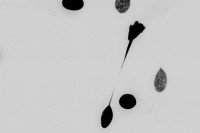
Publications Highlights
People

John Maciejowski, PhD
Associate Member
- Molecular biologist John Maciejowski studies the causes of complex chromosome rearrangements and the patterns of hypermutation that shape cancer genomes.
- PhD, Louis V. Gerstner, Jr. Graduate School of Biomedical Sciences, Memorial Sloan Kettering Cancer Center
- [email protected]
- Email Address
Members



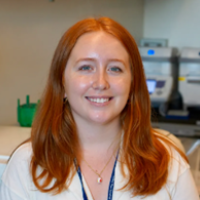

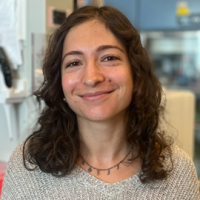

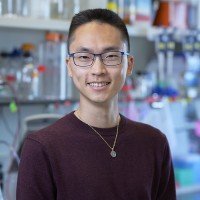
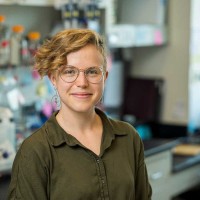
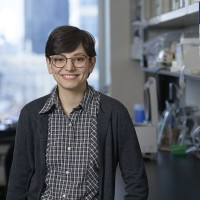












- BA, Columbia University
- BS, City University of Hong Kong
- Cancer Biology

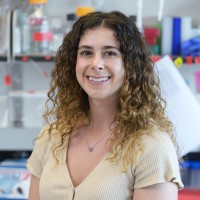
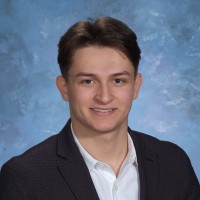

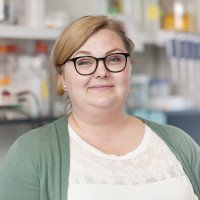
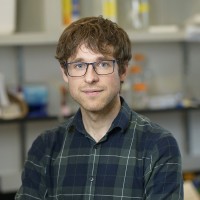



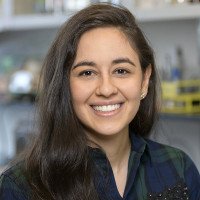




Achievements
- NIH Pathway to Independence Award (2016)
- Tri-Institutional Breakout Prize for Junior Investigators (2016)
- Regeneron Prize for Creative Innovation (2016)
- Pew Biomedical Scholar
Open Positions
To learn more about available postdoctoral opportunities, please visit our Career Center
To learn more about compensation and benefits for postdoctoral researchers at MSK, please visit Resources for Postdocs
Open Positions
Get in Touch
-
Lab Head Email
Disclosures
Members of the MSK Community often work with pharmaceutical, device, biotechnology, and life sciences companies, and other organizations outside of MSK, to find safe and effective cancer treatments, to improve patient care, and to educate the health care community. These activities outside of MSK further our mission, provide productive collaborations, and promote the practical application of scientific discoveries.
MSK requires doctors, faculty members, and leaders to report (“disclose”) the relationships and financial interests they have with external entities. As a commitment to transparency with our community, we make that information available to the public. Not all disclosed interests and relationships present conflicts of interest. MSK reviews all disclosed interests and relationships to assess whether a conflict of interest exists and whether formal COI management is needed.
John Maciejowski discloses the following relationships and financial interests:
-
MilliporeSigma
Intellectual Property Rights
The information published here is a complement to other publicly reported data and is for a specific annual disclosure period. There may be differences between information on this and other public sites as a result of different reporting periods and/or the various ways relationships and financial interests are categorized by organizations that publish such data.
This page and data include information for a specific MSK annual disclosure period (January 1, 2024 through disclosure submission in spring 2025). This data reflects interests that may or may not still exist. This data is updated annually.
Learn more about MSK’s COI policies here. For questions regarding MSK’s COI-related policies and procedures, email MSK’s Compliance Office at [email protected].